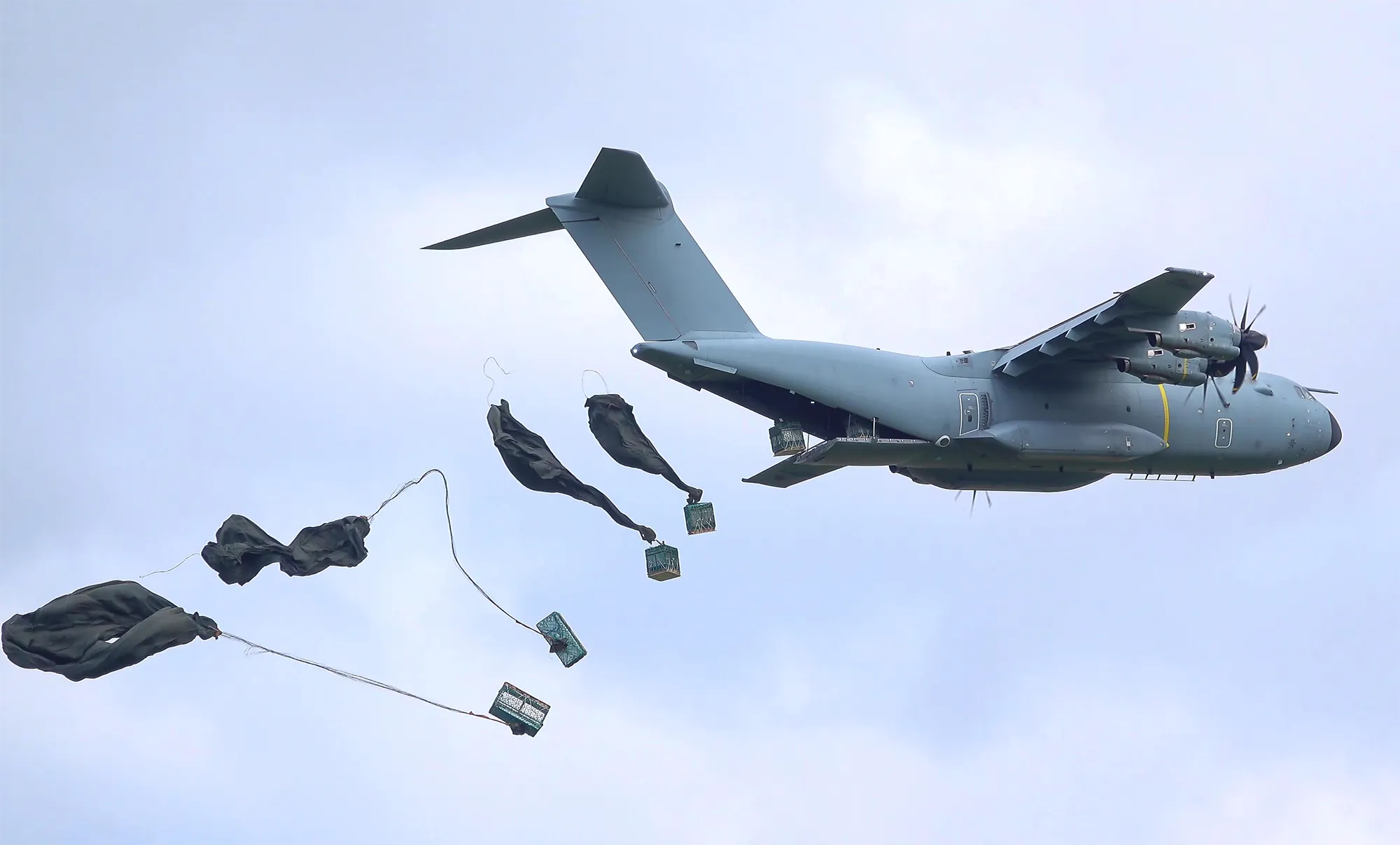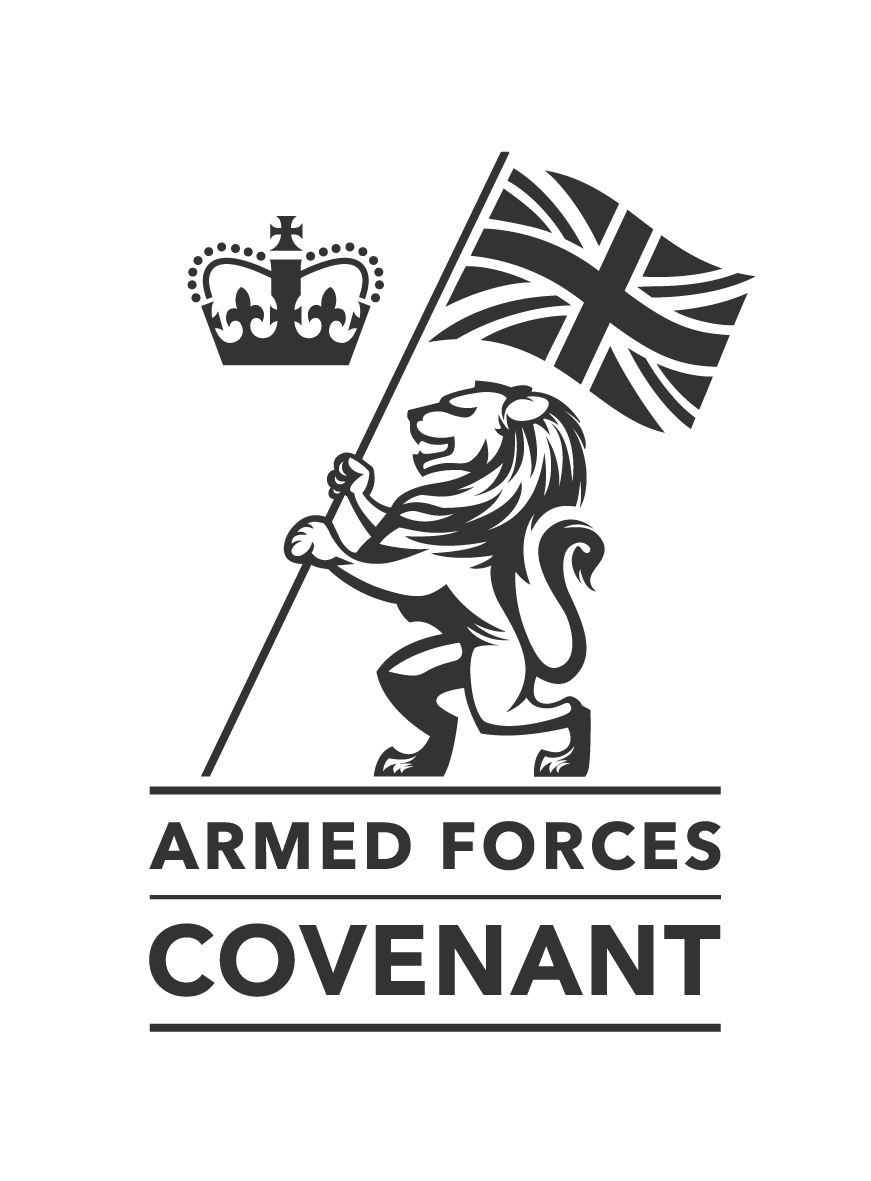Parachute and Aviation Accident Claims in the Military
Parachuting and aviation are critical components of military operations, requiring skill, precision, and rigorous safety measures. Despite these safeguards, accidents can and do happen, often resulting in severe injuries. While some risks are an inherent part of military service, accidents caused by negligence, faulty equipment, or insufficient training are preventable. In such cases, injured personnel may be entitled to compensation for their suffering, financial losses, and long-term impacts on their lives.
Call us at 0113 224 7837 or email [email protected] for a free, no-obligation consultation.
Causes of Parachute and Aviation Accidents
Accidents in parachuting and aviation exercises often stem from negligence or lapses in safety protocols. Common causes include:
- Defective Parachutes or Malfunctioning Aviation Equipment
Faulty parachutes, such as those that fail to deploy correctly or have damaged suspension lines, can lead to catastrophic injuries. Similarly, aviation equipment like navigation systems, engines, or safety devices may malfunction due to manufacturing defects or inadequate maintenance, increasing the risk of accidents. - Insufficient Training on Aircraft Operation or Parachute Deployment
Parachuting and aviation require precise technical skills. Inadequate training or lack of preparation for emergency scenarios can result in serious accidents. For instance, improper instruction on handling a parachute during high-altitude jumps or managing an aircraft during turbulence can lead to avoidable injuries. - Poorly Maintained Aircraft or Equipment
Aircraft and parachuting equipment must undergo regular inspections and maintenance to ensure they are safe to use. Neglecting these duties can result in equipment failures mid-flight or during deployment. Examples include faulty control systems in aircraft or improperly packed parachutes. - Negligence by Flight Instructors or Supervisors
Flight instructors and supervisors are responsible for ensuring personnel are adequately trained and that equipment is safe for use. Failure to perform these duties, such as neglecting pre-flight checks or overlooking equipment faults, can lead to preventable accidents.
What you can claim
If you have been involved in a parachute or aviation accident caused by negligence, you may be entitled to compensation. This can help cover the following areas:
- Physical Injuries
Accidents during parachuting or aviation exercises often result in severe injuries, including fractures, spinal damage, traumatic brain injuries, or internal injuries. Compensation is awarded based on the severity of these injuries and their impact on your life. - Emotional Trauma
Survivors of aviation or parachuting accidents often experience emotional distress, including post-traumatic stress disorder (PTSD), anxiety, or depression. Compensation recognises the psychological toll of the incident. In addition we would seek further compensation to cover any required therapy or counselling costs. - Loss of Income
If the accident results in temporary or permanent disability, it can impact your ability to work or progress in your military career. Compensation covers income lost during recovery and potential loss of future earnings due to long-term injuries. - Medical and Rehabilitation Costs
Injuries sustained in such accidents often require extensive medical care, including surgeries, physiotherapy, and long-term rehabilitation. Compensation can also account for future medical expenses, such as specialist consultations, assistive devices, or home adaptations.
Funding: No Win, No Fee
At Ison Harrison, we believe financial concerns should never prevent you from seeking justice. That’s why we operate on a No Win, No Fee basis, ensuring you can pursue your claim without any upfront costs. If your claim is unsuccessful, you won’t be required to pay legal fees, subject to our terms and conditions. If your claim succeeds we will retain a pre-agreed percentage of your compensation to cover our costs.
Get in touch, see how we can help
Call us at 0113 224 7837 or email [email protected] for a free, no-obligation consultation. Let us help you achieve justice and begin your journey to recovery.
Military Injury Claims
The most common claim types that we handle for our clients; to see how we can help call 0113 224 7837 or email: [email protected]
Claim type not listed? Get in touch for a free assessment of your military injury claim. To see how we can help; call 0113 224 7837 or email [email protected]
Diane Askwith heads up the military injury claims team at Ison Harrison Solicitors. Meet The Team










